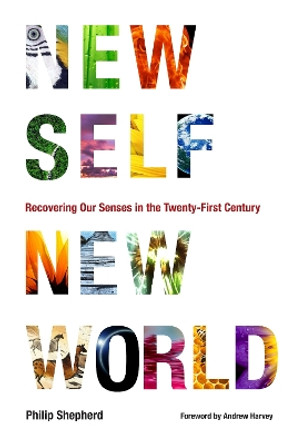Description
Recent discoveries about wild chimpanzees have dramatically reshaped our understanding of these great apes and their kinship with humans. We now know that chimpanzees not only have genomes similar to our own but also plot political coups, wage wars over territory, pass on cultural traditions to younger generations, and ruthlessly strategize for resources, including sexual partners. In The New Chimpanzee, Craig Stanford challenges us to let apes guide our inquiry into what it means to be human.
With wit and lucidity, Stanford explains what the past two decades of chimpanzee field research has taught us about the origins of human social behavior, the nature of aggression and communication, and the divergence of humans and apes from a common ancestor. Drawing on his extensive observations of chimpanzee behavior and social dynamics, Stanford adds to our knowledge of chimpanzees' political intelligence, sexual power plays, violent ambition, cultural diversity, and adaptability.
The New Chimpanzee portrays a complex and even more humanlike ape than the one Jane Goodall popularized more than a half century ago. It also sounds an urgent call for the protection of our nearest relatives at a moment when their survival is at risk.
About the Author
Craig Stanford is Professor of Biological Sciences and Anthropology at the University of Southern California.
Reviews
Stanford...is a talented and fluent writer as well as an accomplished researcher...Stanford's book expands upon what we have learned in the four decades since [Jane] Goodall first began her field research...The New Chimpanzee is a remarkably thorough account of our current knowledge about free-living chimpanzees. -- David Barash * Wall Street Journal *
The New Chimpanzee is a tour de force, bringing together a vast body of research in chimpanzee behavior, ecology, and genetics. Readers searching for an up-to-date account of what we've learned about chimpanzees in recent decades will find Stanford's book to be informative and edifying. -- Herman Pontzer, Hunter College, City University of New York
Lively, informative, and ambitious in scope, The New Chimpanzee vividly demonstrates that we are living in an exciting time for chimpanzee research. Stanford's book will speak to anyone interested in the latest findings on chimpanzees, especially as they relate to our understanding of human evolution. -- Michael Wilson, University of Minnesota
Stanford's wide-ranging account reveals what it is like to be a chimpanzee, and how scientists know, ultimately clarifying what is unique about our own species. -- Martin N. Muller, University of New Mexico
The New Chimpanzee is an authoritative, readable, lively, and balanced survey of the behavior of one of the most closely studied and significant species on the planet. -- Richard W. Wrangham, Harvard University
[The New Chimpanzee] provides a comprehensive view of wild chimpanzees as never before seen...With [his] wealth of experience, [Stanford] expertly guides us through the dense forest of wild chimpanzee data that we have carefully cultivated since Goodall first shed light on this breathtakingly complex species...This book is jam-packed with many such fascinating glimpses into the complex lives of wild chimps, from political tactics to cultural quirks...This book adds to our understanding of our closest living kin and, through this understanding, maybe we will be compelled to do more to conserve them. -- Laura Kehoe * Times Higher Education *
An illuminating history of chimpanzee field research...Stanford's volume addresses the broad spectrum of chimpanzee behavior, focusing on research that has been conducted in the wild, with a heavy emphasis on new insights gained during the last two decades. This will be an excellent resource for new students of primate behavior, or other interested readers, to gain an up-to-date and rigorous review of the species. -- Melissa Emery Thompson * Quarterly Review of Biology *
Book Information
ISBN 9780674977112
Author Craig Stanford
Format Hardback
Page Count 288
Imprint Harvard University Press
Publisher Harvard University Press









